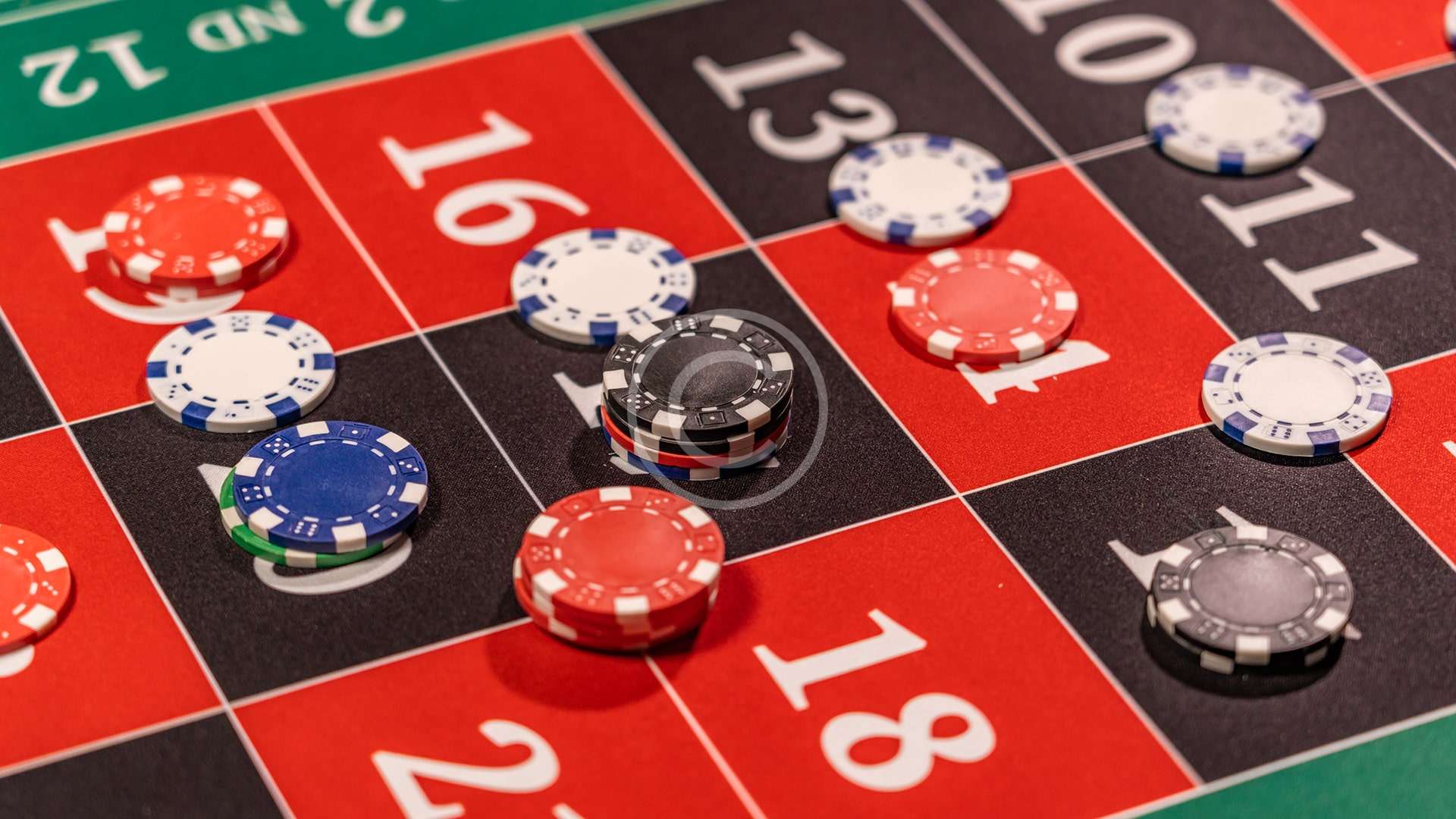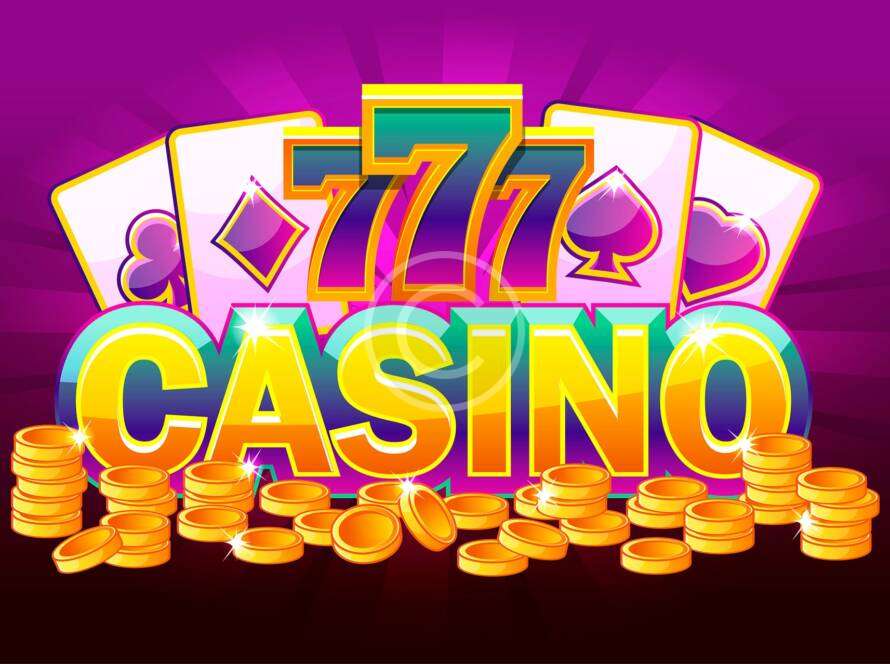Why Casino Games Are So Popular: Thrills, Socializing, and More
Casino games have captivated people across the world for centuries, and their popularity shows no signs of waning. Whether it’s the bright lights of a Las Vegas strip, the sleek interface of online platforms, or the thrill of a high-stakes poker table, the allure of gambling and the excitement of casino games have a magnetic pull on millions of players. But what exactly makes casino games so popular? There are several factors at play, each contributing to the universal appeal of these games.
1. Thrill and Excitement
One of the most compelling reasons people are drawn to casino games is the adrenaline rush they provide. Whether you’re pulling the lever on a slot machine, placing a bet on the roulette wheel, or going all in during a poker hand, there’s a level of suspense that can’t be easily matched by other forms of entertainment. The element of risk—mixed with the hope of winning big—creates an emotional rollercoaster that keeps players coming back for more.
The uncertainty of the outcome is a major part of the appeal. Unlike other forms of entertainment, where the outcome is predetermined (such as watching a movie or reading a book), the unpredictability of a casino game provides an edge of excitement that few other activities can offer.


2. The Thrill of Winning (and Losing)
There’s something deeply satisfying about the possibility of hitting a jackpot or scoring a big win, and this feeling is amplified when players take part in a game of chance. Even though the odds are often against them, the mere possibility of winning a large sum of money is enough to fuel the desire to play.
Interestingly, the thrill of losing can also contribute to the game’s popularity. Losses, while disappointing, are often seen as part of the experience, and they can build anticipation for the next win. This “near-miss” phenomenon in games like slot machines, where players come close to winning but don’t, can keep them playing for hours in hopes of a big payout. The emotional highs and lows of winning and losing help make the casino experience unforgettable and enticing.
Life is a gamble, and sometimes the greatest risk is not taking one at all.
3. Social Interaction
While gambling can certainly be a solitary activity, many casino games foster a sense of camaraderie and social interaction. For example, poker is often seen as a social game where players compete against each other while engaging in conversation, bluffing, and reading each other’s body language. Games like blackjack and roulette, though more individual, often take place in a lively atmosphere where players cheer and react to the outcomes.
In land-based casinos, the environment itself is designed to facilitate social engagement, with shared spaces like bars, lounges, and gaming floors that encourage interaction. In online casinos, live-dealer games replicate the social experience by allowing players to interact with real dealers and other participants via video streams, enhancing the sense of connection despite the digital platform.

4. Variety and Accessibility
Another factor that boosts the popularity of casino games is the vast array of options available. From the simplicity of slot machines to the complexity of poker and blackjack, there’s a game for every type of player. Whether someone is looking for a quick, low-stakes game or a more strategic, high-intensity experience, casinos offer something for everyone.
The accessibility of casino games has also played a significant role in their popularity. Traditional brick-and-mortar casinos, with their glamorous settings and entertainment options, have been joined by online casinos that can be accessed from virtually anywhere in the world. With just a smartphone or computer, players can enjoy a wide range of casino games, often with bonuses and promotions designed to keep them engaged. This convenience has made gambling more accessible to a global audience, further fueling its appeal.
5. Escapism and Fantasy
For many players, casino games offer a form of escapism. The world of high-stakes gambling, glamorous casinos, and the possibility of striking it rich can serve as a temporary escape from the stresses of everyday life. It provides an opportunity to dream, fantasize about a big win, and immerse oneself in a world that feels far removed from the mundane.
Moreover, the opulence associated with casinos, whether physical or virtual, gives players a chance to experience a lavish lifestyle they might not have access to otherwise. The chance to rub shoulders with the elite or play at a high-stakes table can be alluring, even if only for a brief moment.
6. Psychological Triggers
Casino games are also designed with psychology in mind. The bright lights, the sounds of clinking coins, and the celebratory music when you win are all crafted to enhance the player’s emotional experience. This sensory stimulation creates a sense of euphoria that can make the game even more compelling.
The “near-miss” phenomenon, where a player almost wins but doesn’t, is a psychological trick that casinos use to keep players engaged. The feeling of coming close to winning, without actually winning, creates a compelling emotional pull. This keeps players in the game, often longer than they intended, in the hope that the next spin or hand might be the one that leads to a win.
7. Cultural Influence
In many cultures, casinos are seen as symbols of wealth, power, and luxury. Popular movies, TV shows, and even music videos often portray the glamorous side of casino life, influencing how people perceive gambling. Films like Casino Royale and Ocean’s Eleven have helped to glamorize the world of casinos, creating a mystique around the idea of high-rolling, private gambling rooms, and the possibility of big wins.
This cultural influence encourages people to want to experience a piece of that world for themselves. It’s not just about the games; it’s about becoming part of an elite, exciting universe, even if only for a short time.
Conclusion
The popularity of casino games is a combination of factors—thrill, social interaction, variety, accessibility, escapism, psychological triggers, and cultural influences—all working in concert. Whether for the rush of winning, the social aspect, or the hope of striking it rich, casino games offer a unique blend of entertainment that appeals to a wide range of people. While the odds of winning big are typically slim, the emotional and psychological rewards are often enough to keep players returning for more, making casino games an enduring form of entertainment across the globe.


